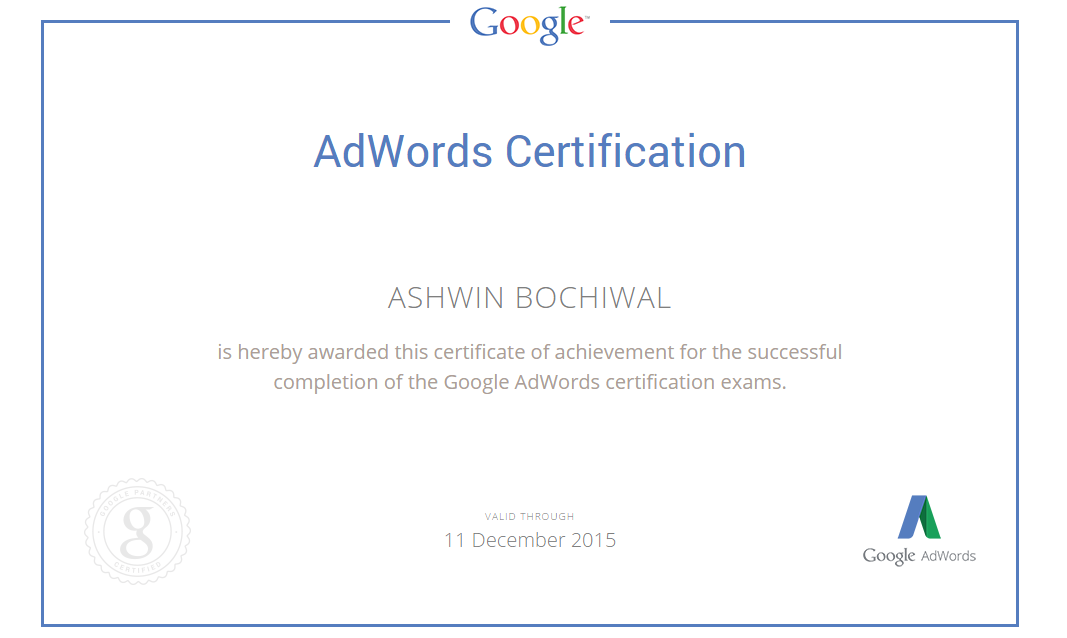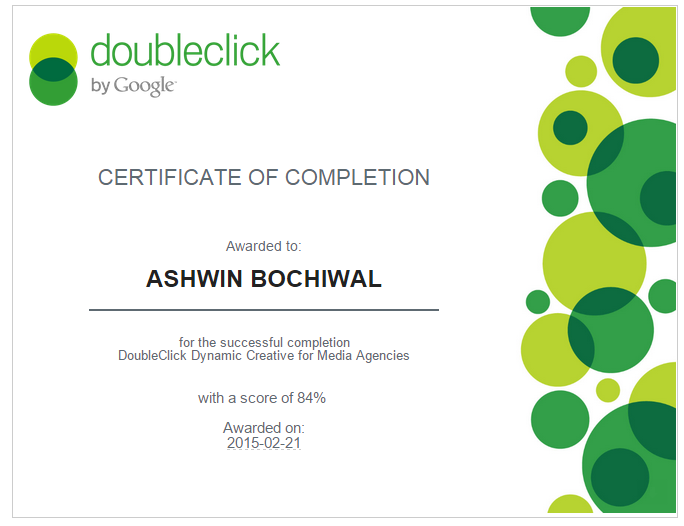What Is PPC? Learn the Basics of Pay-Per-Click (PPC) Marketing
Whether you’ve heard a little about PPC marketing and are curious to learn more, or you already know that you want to use PPC to market your business, but aren’t sure where to start, you’ve come to the right place! This is the first lesson in PPC, a set of three guided courses that will teach you everything you need to know about PPC and how to make it work for you.
First, we’ll need to define PPC and establish a basic understanding of how PPC advertising works. Let’s go!
What is PPC?
PPC stands for pay-per-click, a model of internet marketing in which advertisers pay a fee each time one of their ads is clicked. Essentially, it’s a way of buying visits to your site, rather than attempting to “earn” those visits organically.
Search engine advertising is one of the most popular forms of PPC. It allows advertisers to bid for ad placement in a search engine's sponsored links when someone searches on a keyword that is related to their business offering. For example, if we bid on the keyword
“PPC software,” our ad might show up in the very top spot on the Google results page.
Every time our ad is clicked, sending a visitor to our website, we have to pay the search engine a small fee. When PPC is working correctly, the fee is trivial, because the visit is worth more than what you pay for it. In other words, if we pay $3 for a click, but the click results in a $300 sale, then we’ve made a hefty profit.
A lot goes into building a winning PPC campaign: from researching and selecting the right keywords, to organizing those keywords into well-organized campaigns and ad groups, to setting up PPC landing pages that are optimized for conversions. Search engines reward advertisers who can create relevant, intelligently targeted pay-per-click campaigns by charging them less for ad clicks. If your ads and landing pages are useful and satisfying to users, Google charges you less per click, leading to higher profits for your business. So if you want to start using PPC, it’s important to learn how to do it right.
What is Google Adwords?
Google AdWords is the single most popular PPC advertising system in the world. The AdWords platform enables businesses to create ads that appear on Google’s search engine and other Google properties.
AdWords operates on a pay-per-click model, in which users bid on keywords and pay for each click on their advertisements. Every time a search is initiated, Google digs into the pool of AdWords advertisers and chooses a set of winners to appear in the valuable ad space on its search results page. The “winners” are chosen based on a combination of factors, including the quality and relevance of their keywords and ad campaigns, as well as the size of their keyword bids.
More specifically, who gets to appear on the page is based on and advertiser’s Ad Rank, a metric calculated by multiplying two key factors – CPC Bid (the highest amount an advertiser is willing to spend) and Quality Score (a value that takes into account your click-through rate, relevance, and landing page quality). This system allows winning advertisers to reach potential customers at a cost that fits their budget. It’s essentially a kind of auction. The below infographic illustrates how this auction system works.
Conducting PPC marketing through AdWords is particularly valuable because, as the most popular search engine, Google gets massive amounts of traffic and therefore delivers the most impressions and clicks to your ads. How often your PPC ads appear depends on which keywords and match types you select. While a number of factors determine how successful your PPC advertising campaign will be, you can achieve a lot by focusing on:
Keyword Relevance – Crafting relevant PPC keyword lists, tight keyword groups, and proper ad text.
Landing Page Quality – Creating optimized landing pages with persuasive, relevant content and a clear call-to-action, tailored to specific search queries.
Quality Score – Quality Score is Google's rating of the quality and relevance of your keywords, landing pages, and PPC campaigns. Advertisers with better Quality Scores get more ad clicks at lower costs.
PPC Keyword Research
Keyword research for PPC can be incredibly time-consuming, but it is also incredibly important. Your entire PPC campaign is built around keywords, and the most successful AdWords advertisers continuously grow and refine their PPC keyword list. If you only do keyword research once, when you create your first campaign, you are probably missing out on hundreds of thousands of valuable, long-tail, low-cost and highly relevant keywords that could be driving traffic to your site.
An effective PPC keyword list should be:
- Relevant – Of course, you don't want to be paying for Web traffic that has nothing to do with your business. You want to find targeted keywords that will lead to a higher PPC click-through rate, effective cost per click, and increased profits. That means the keywords you bid on should be closely related to the offerings you sell.
- Exhaustive – Your keyword research should include not only the most popular and frequently searched terms in your niche, but also to the long tail of search. Long-tail keywords are more specific and less common, but they add up to account for the majority of search-driven traffic. In addition, they are less competitive, and therefore less expensive.
- Expansive - PPC is iterative. You want to constantly refine and expand your campaigns, and create an environment in which your keyword list is constantly growing and adapting.
Managing Your PPC Campaigns
Once you've created your new campaigns, you’ll need to manage them regularly to make sure they continue to be effective. In fact, regular account activity is one of the best predictors of account success. You should be continuously analyzing the performance of your account and making the following adjustments to optimize your campaigns
- Add PPC Keywords: Expand the reach of your PPC campaigns by adding keywords that are relevant to your business.
- Add Negative Keywords: Add non-converting terms as negative keywords to improve campaign relevancy and reduce wasted spend.
- Split Ad Groups: Improve click-through rate (CTR) and Quality Score by splitting up your ad groups into smaller, more relevant ad groups, which help you create more targeted ad text and landing pages.
- Review Costly PPC Keywords: Review expensive, under-performing keywords and shut them off if necessary.
- Refine Landing Pages: Modify the content and calls-to-action (CTAs) of your landing pages to align with individual search queries in order to boost conversion rates. Don’t send all your traffic to the same page.
You’ll learn more about all of these elements of PPC campaign management as you move forward through the coursework in PPC University.
If you’re ready to get started with PPC, skip ahead to learn how to set up an AdWords account.
If you’ve already got an AdWords account, we suggest you use our FREE AdWords Performance Grader to help you zero in on areas of improvement. In 60 seconds or less, you’ll receive a customized report grading your account performance in 9 key areas, including click-through rate, Quality Score and account activity.


















